- the future of healthcare in Torres Vedras -

Medicine ULisboa | Torres Vedras Campus
A healthcare campus
in Torres Vedras
The building of the former Dr. José Maria Antunes Júnior Hospital, located near Barro and which has been closed since 2005, will give rise to a space also dedicated to the area of healthcare called Medicina ULisboa – Torres Vedras Campus.
This will be a reference space dedicated to assistance healthcare provision, training of health professionals and teaching and research in medicine and other biomedical sciences.
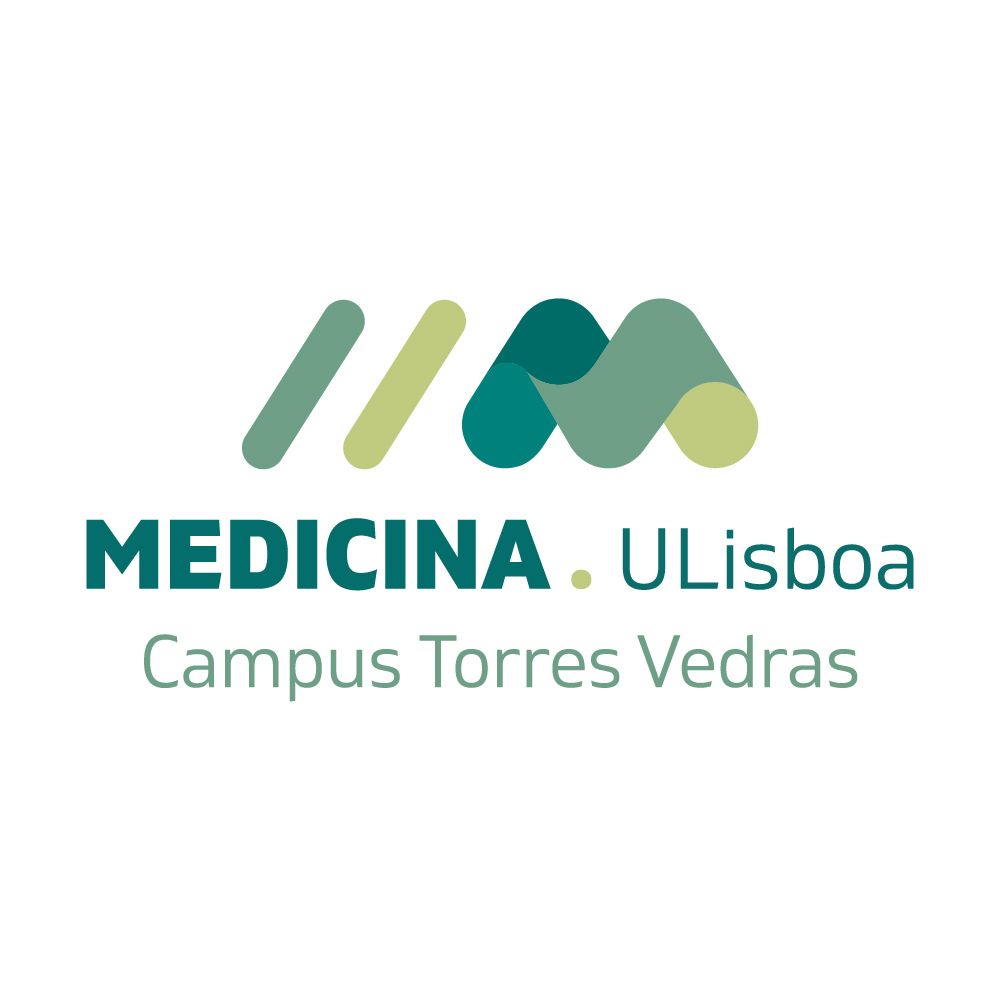
Medicina ULisboa – Torres Vedras Campus will have a truly innovative and interdisciplinary offer, by integrating in the same location, a healthcare hub, an academic and research hub and a humanitarian, emergency and catastrophe medicine hub.
Health Care Hub: Academic Family Healthcare, Public Health and Interdisciplinary Health Units
Academic and Research Hub: Academic center, clinical research center and health technologies research center
Humanitarian Medicine, Emergency and Catastrophe Hub

Resources and facilities
Healthcare Hub
Academic Family Healthcare Unit
A pilot and innovative project that will combine clinical practice in the area of primary healthcare with the training of health professionals and clinical research, in close synergy with the Interdisciplinary Care Unit and the Health Technologies Research Center.
Soon after its opening, the Academic Family Healthcare Unit will provide assistance to 9.000 users currently without a family medicine doctor and, in a subsequent phase, will have the capacity to monitor a total of 17.500 users.
Public Health Unit
The Public Health Unit currently located in the Torres Vedras Health Center will be transferred to this healthcare campus, thus providing better space and equipment conditions for its professionals. It will benefit from the proximity to other clinical disciplines and research groups in technologies applied to health.
Interdisciplinary Unit
Interdisciplinary care will be provided to people with chronic illnesses and that have a high impact on the health status of populations. This Unit will include doctors from various specialties and other health professionals from various areas of training, such as nurses, physiotherapists, speech therapists, occupational therapists, psychologists, nutritionists, social workers, among others.
It will benefit from complementarity with the Academic Family Healthcare Unit, the Academic Center, the Clinical Research Center and the Health Technologies Research Center. The Interdisciplinary Unit will focus primarily on cardiology and vascular risk factors, neurosciences and musculoskeletal pathologies, as preferred areas of intervention.
Academic and Research Hub
Clinical Research Center
Clinical studies (including clinical trials) will take place at this Center, in direct coordination with the Health Technologies Research Center and the functional units of the Campus’ Healthcare Hub. Patients who are monitored at the healthcare campus may be invited to participate in clinical studies and, in this way, contribute to generating important clinical and scientific data for themselves and other patients.
Health Technologies Research Center
Being located in a campus with clinical and research activities, this center will offer a unique space for research groups in various technological areas (e.g. biomedical engineering, computing, artificial intelligence, medical devices, among others) to develop and evaluate technological solutions that respond to needs resulting from real clinical problems.
Academic Center (pre- and postgraduate training)
This Center will initially be aimed at postgraduate medical training and training of other health professionals in the area of primary healthcare and interdisciplinary care for chronic diseases. Progressively, it will also assume responsibilities in the training of medical students in the area of primary healthcare. This educational component will take place in full complementarity with clinical and research activities.
Humanitarian Medicine, Emergency and Catastrophe Hub
Emergency and Disaster Center
This Center will result from an agreement between the Faculty of Medicine of the University of Lisbon and Harvard Medical School. Its main objective is to train healthcare professionals to act in emergency and catastrophe situations.

A place with history
In 1570, the first stone was laid for the Convent of Our Lady of the Angels, at the behest of Queen Maria (1521-1577), daughter of the King Manuel I. The convent welcomed arrábidos monks, called “weak-chested” monks, because they suffered from lung diseases.
Used by the monks until the expulsion of the religious orders in 1834, it was then abandoned. Purchased by the Marquês de Valada, it was then acquired by Father Carlos Rademaker, restorer of the Society of Jesus in Portugal. The Jesuit novitiate remained until 1910, when Jesuits were expelled by the Republicans.
In 1912, it took the name of Asylum Elias Garcia, whose inaugural event was presided over by Teófilo Braga. In 1942, the asylum was handed over to the religious orders of the congregation that gave it its new name: Institute of the Good Shepherd Our Lady of the Angels.
Through the Hospital Construction Commission, in 1953 the building began adaptation work from a convent to a sanatorium. In 1956, the Sanatorium of Barro was opened, with José Maria Antunes Júnior as its director. The doctor died in 1991. Two years after his death, the sanatorium was renamed Hospital Dr. José Maria Antunes Júnior on his behalf.
The Dr. José Maria Antunes Júnior Hospital, known as Hospital do Barro due to its location, was part of the Torres Vedras Hospital in 2001. In 2012, the Torres Vedras Hospital merged with the Centro Hospitalar Oeste Norte to give rise to the Centro Hospitalar do Oeste. In the same year, the deactivation of Hospital do Barro was decided, which took place in May 2015.
On the 28th of June 2019, the Municipality of Torres Vedras together with the Faculty of Medicine of the University of Lisbon signed the Memorandum of Understanding that would constitute the basis of collaboration for the future Medicina ULisboa - Torres Vedras Campus.
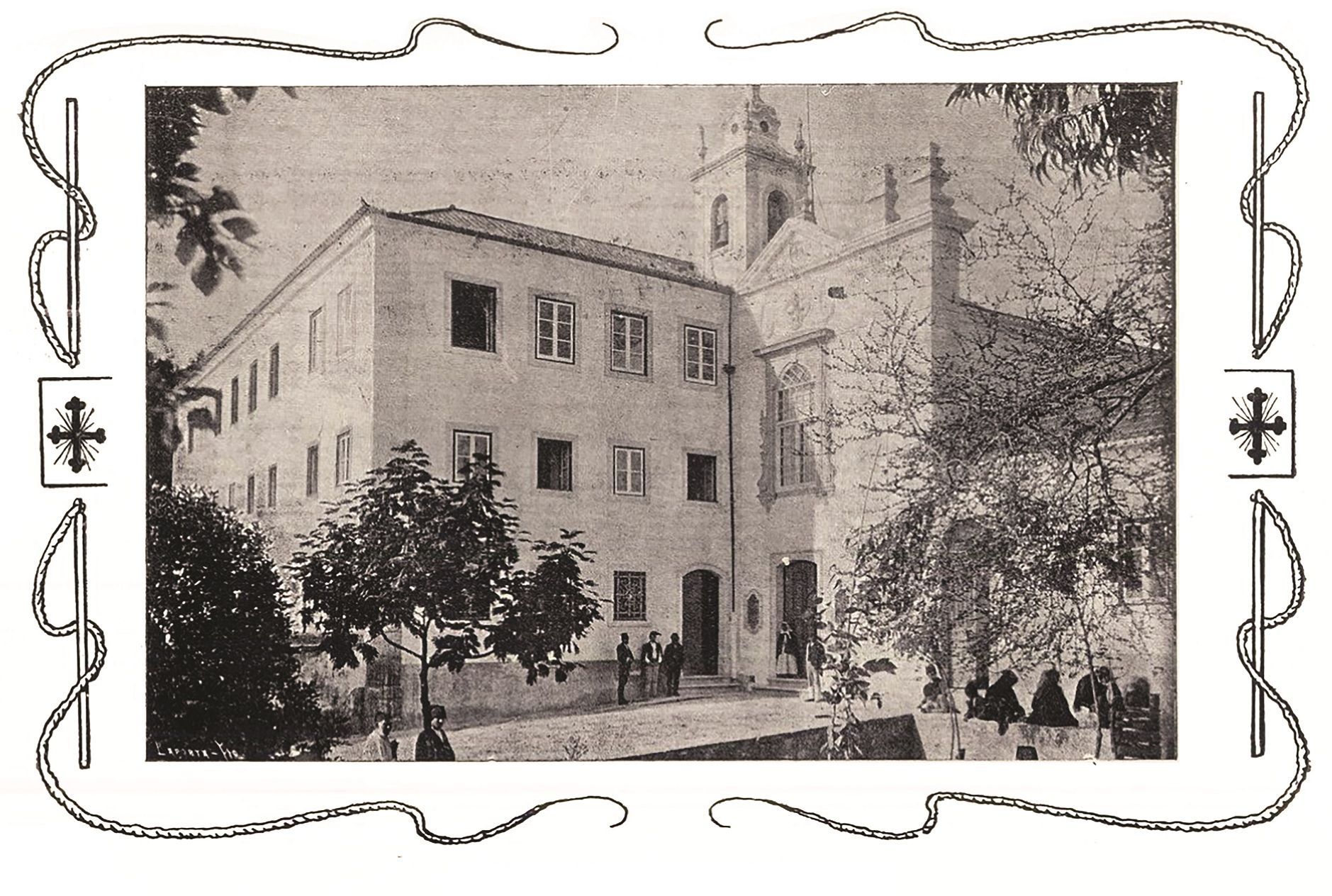
Testimonials
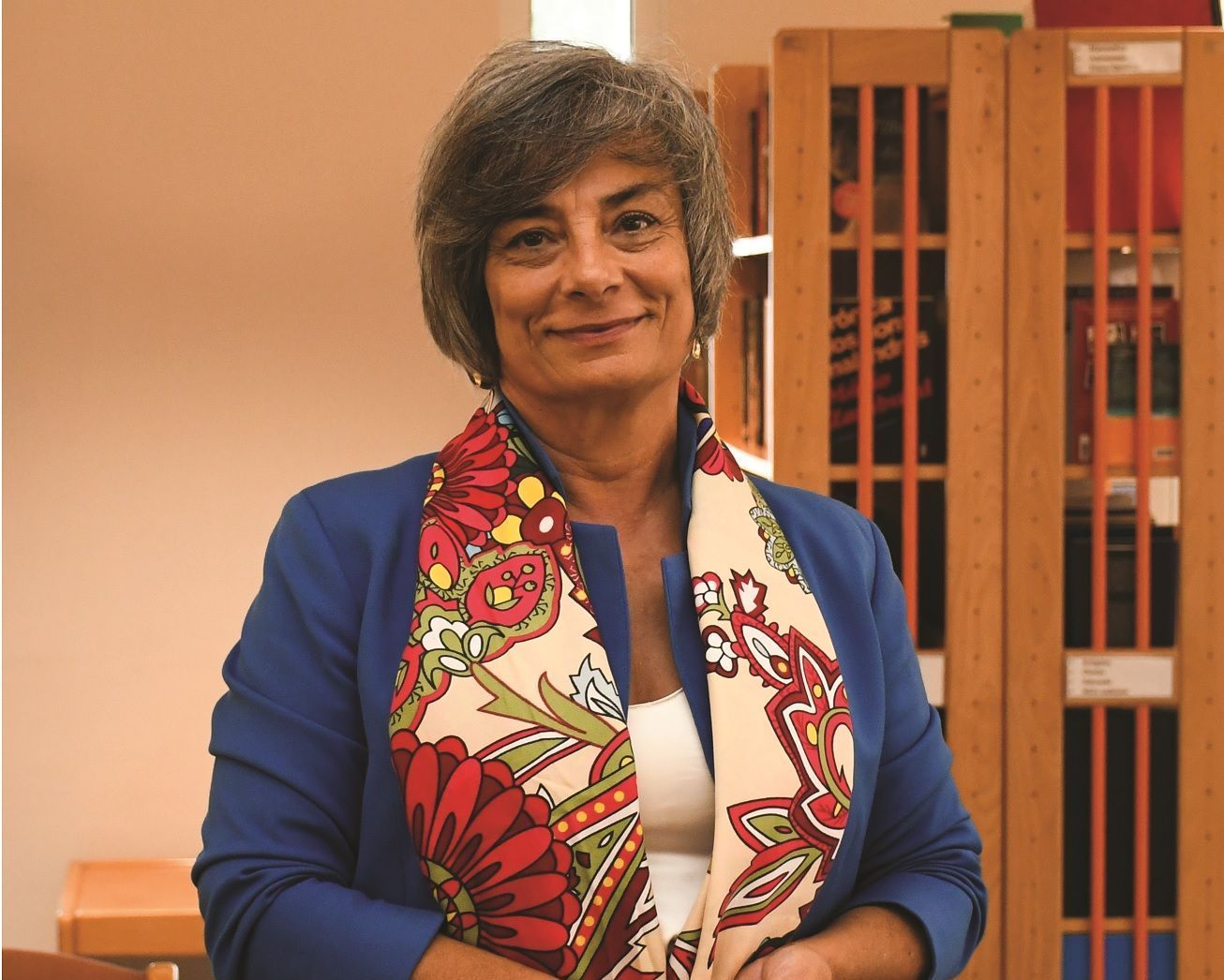
Laura Rodrigues
Mayor of Torres Vedras
"The collaboration with the Faculty of Medicine of the University of Lisbon in this pioneering project is a commitment to healthcare and research at a national level, but also an investment in Torres Vedras, which will be able to welcome these health professionals and multidisciplinary teams."
João Eurico da Fonseca
Director of the Faculty of Medicine of the University of Lisbon
“We believe that Medicina ULisboa - Torres Vedras Campus will create concepts for providing exemplary healthcare in an academic environment, that will impact society and constitute a national and international case study.”
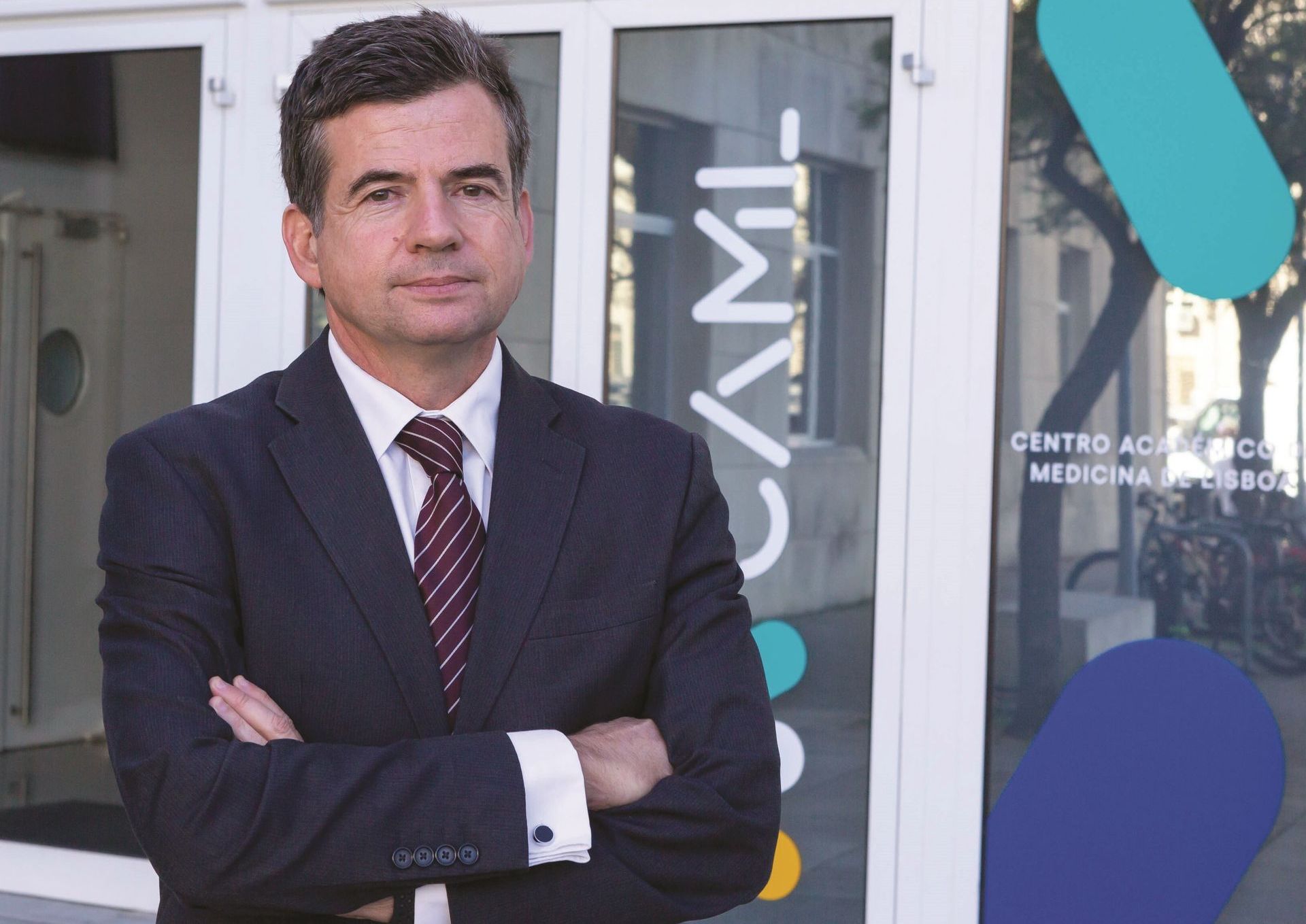
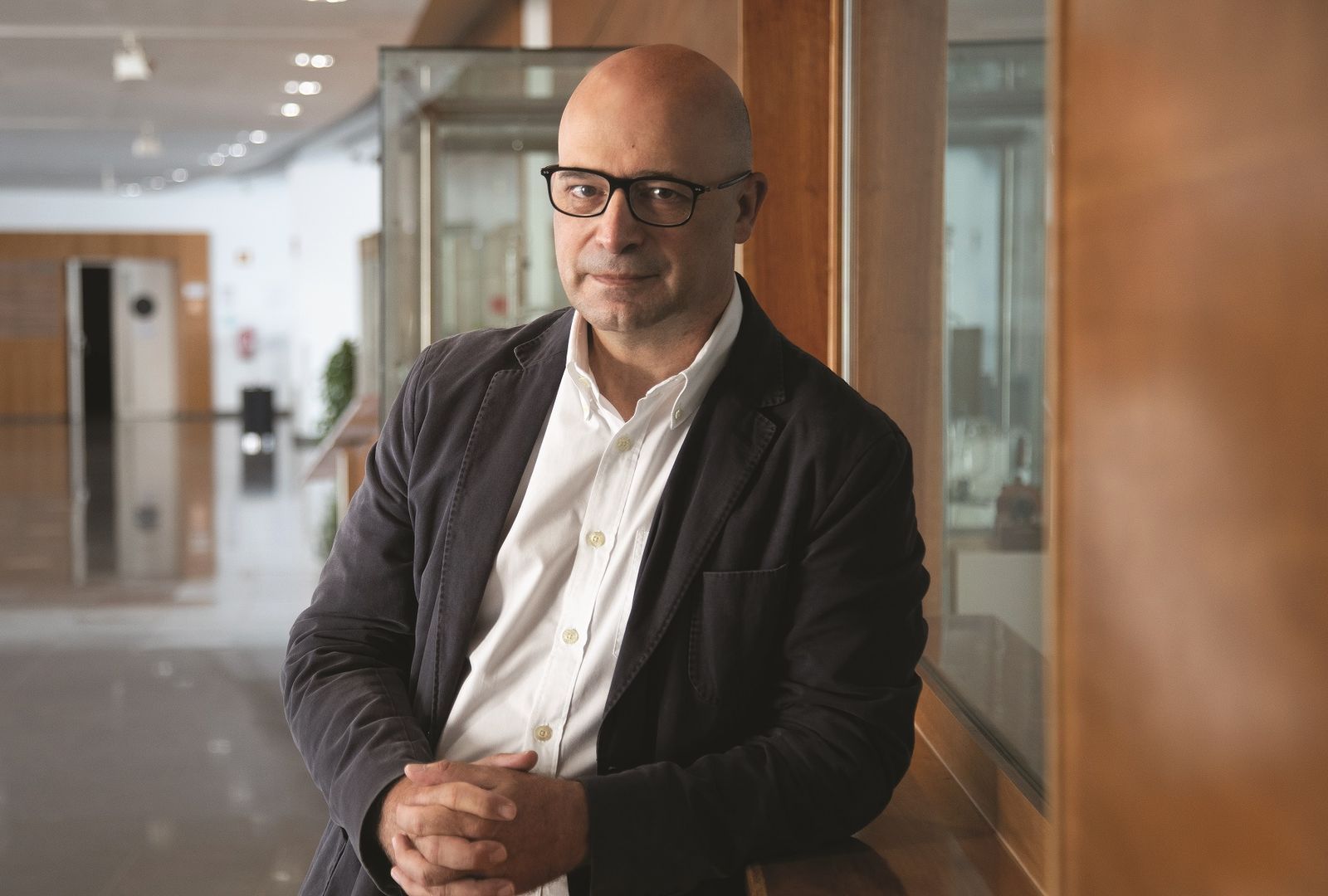
Joaquim Ferreira
Project coordinator on behalf of the Faculty of Medicine of the University of Lisbon
“Medicina ULisboa - Torres Vedras Campus represents the opportunity for the Faculty of Medicine to leave the walls of a large tertiary hospital and be able to better prepare its students to address the community's clinical problems."

geral@medicinacampusdetorresvedras.pt
261 243 001




